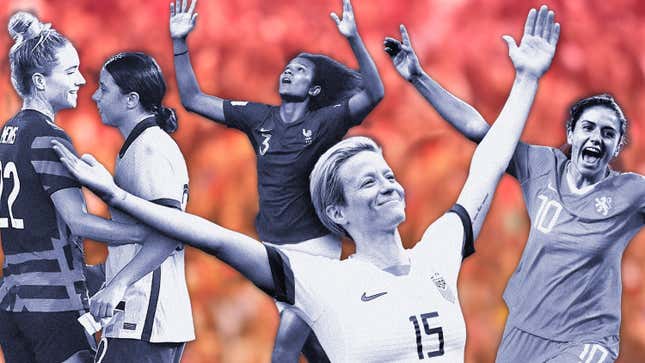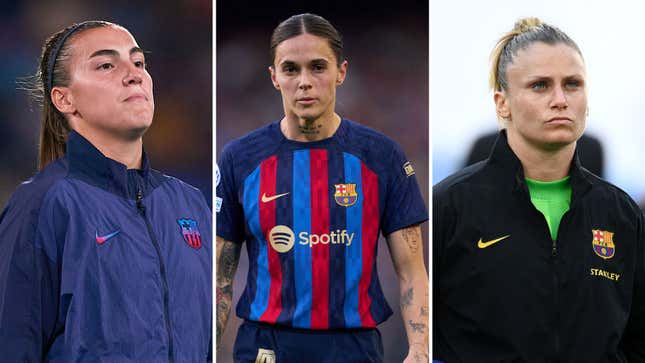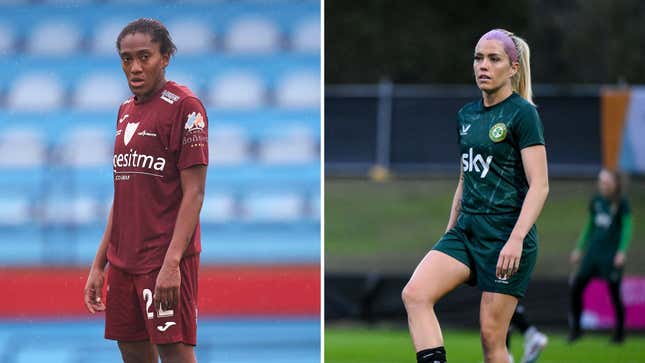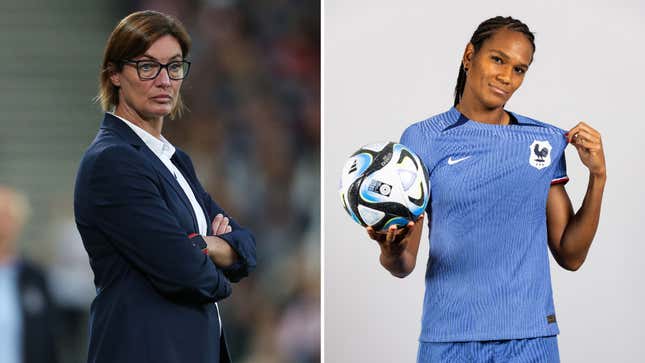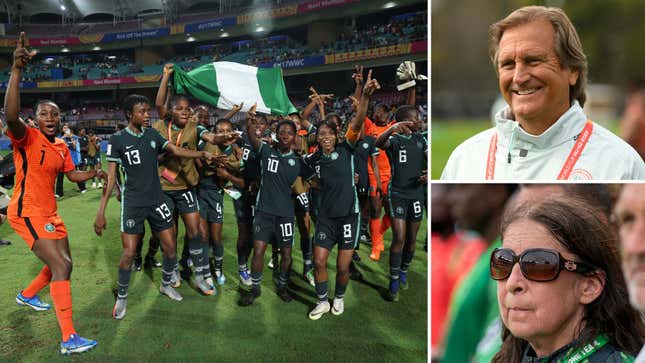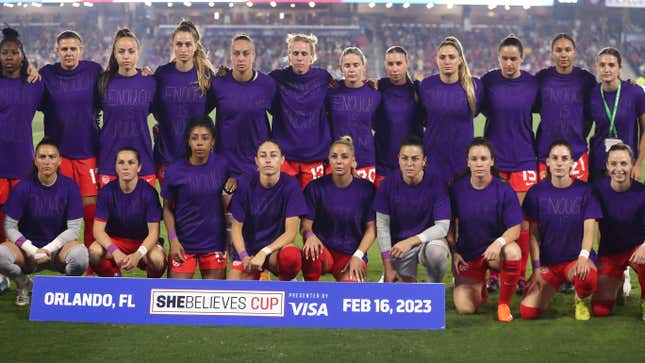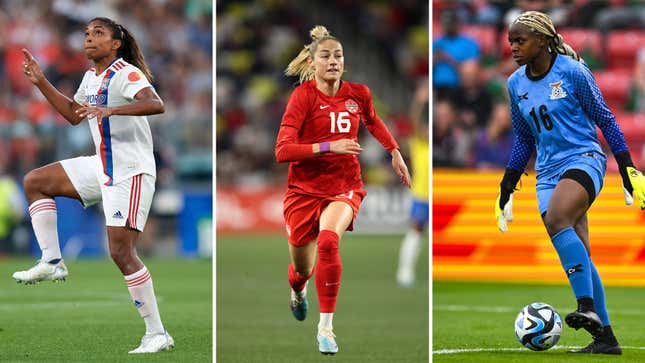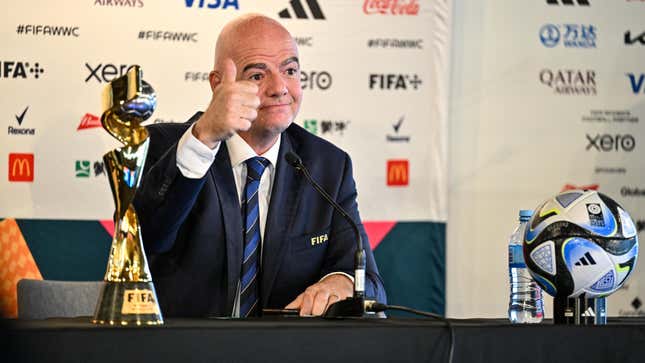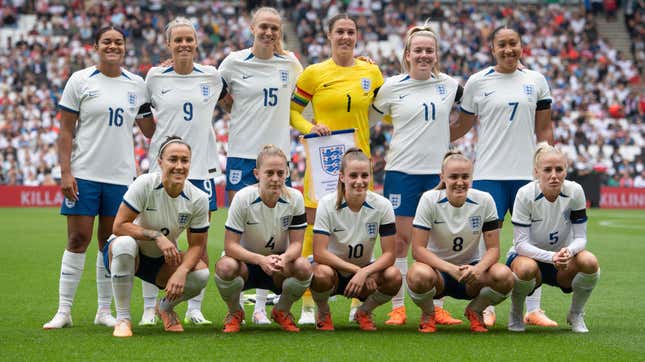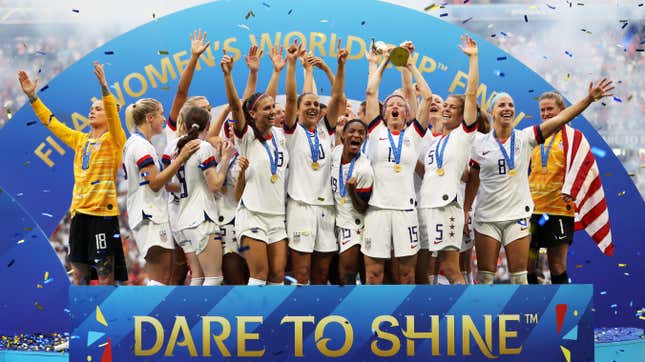2023 Women’s World Cup: A Guide to the Righteous Protests, Inter-Team Romances, and ‘Rebel 15’
Which coach was called an "incompetent loudmouth?" Who told Ireland to "eat shit?" Which players are dating their potential opponents? We made a handy primer.
EntertainmentEntertainment-

-

-

-

-

-

-

-

-

-

-

-

-

-

-

-

-

-

-

-

-

-

-

-

-

-

-

-

-

-

-

-

-

-

-

-

-

-

-

-

